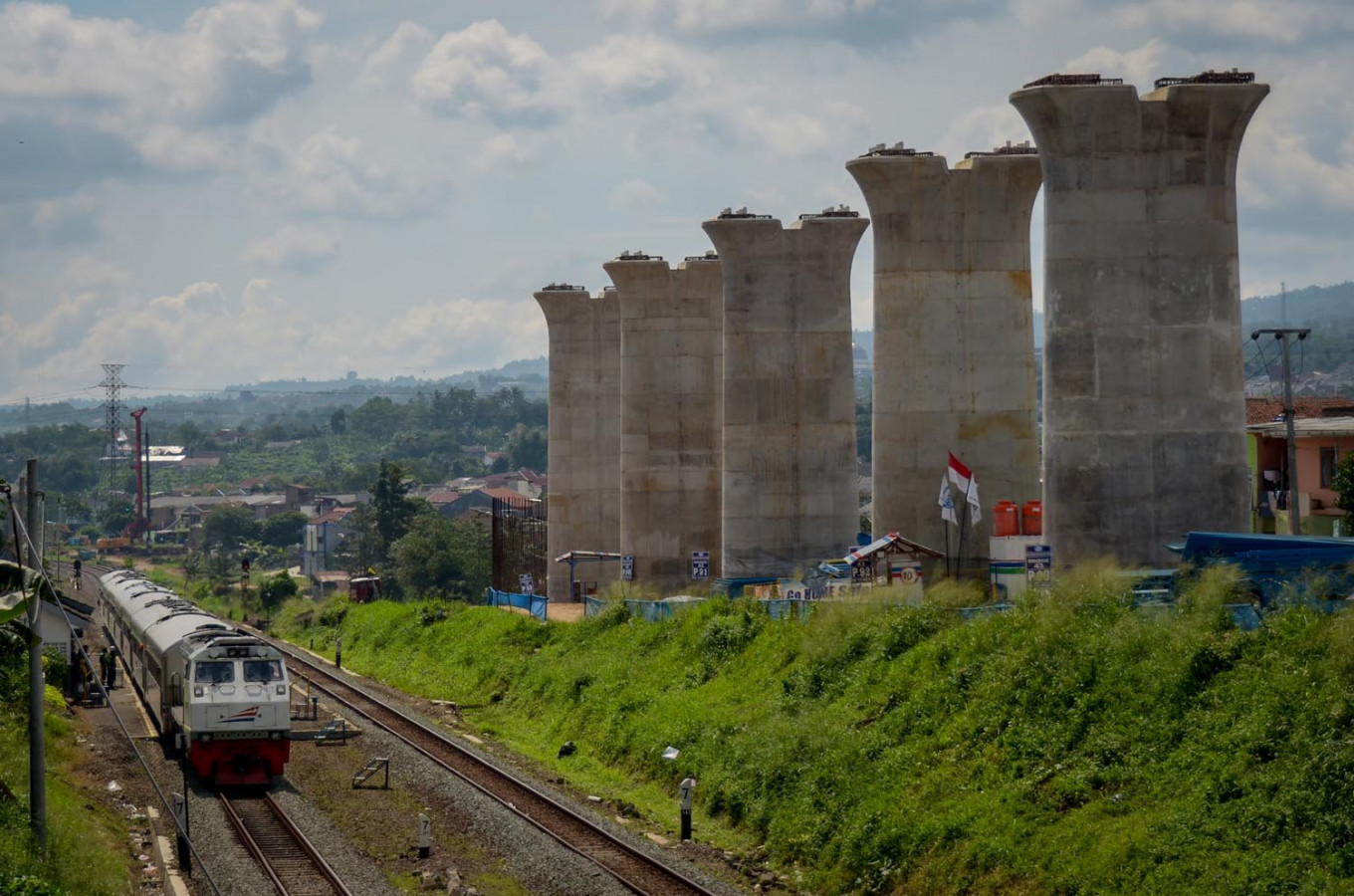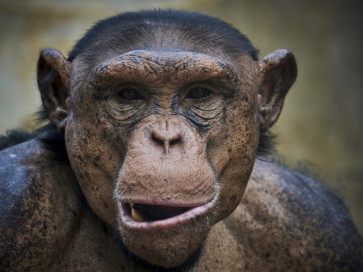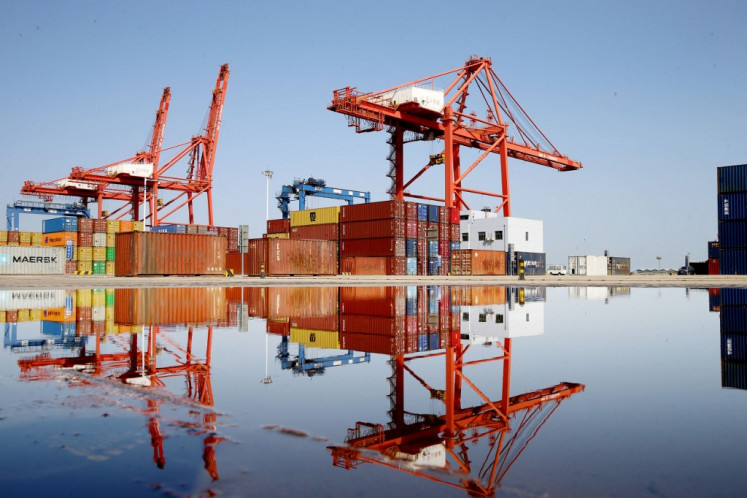How China beats US as RI partner for trade, investment
Beijing continues bolstering ties with ASEAN countries.
Change text size
Gift Premium Articles
to Anyone

I
ndonesia has gotten closer to China than the United States (US) in goods trade and foreign direct investment in the past few decades, benefitting from the rapid development of the world’s second-largest economy.
Indonesia’s trade with China picked up following the East Asian giant's accession to the World Trade Organization in 2001. Trade between the two countries grew further after ASEAN implemented a free trade agreement with China, called ACFTA, in 2010.
In 2020, exports to China accounted for 19.45 percent of the total, expanding from 4.45 percent in 2000, according to the United Nations Comtrade Database. The share of imports from the country also expanded to nearly 28 percent in 2020 from 6.03 percent in 2000. This growth puts China as Indonesia’s top trading partner.
At the same time, the share of exports to the US shrank to 11.43 percent of the total in 2020 from 13.66 percent in 2000, UN Comtrade data shows. The proportion of imports from the US also fell to 6.10 percent in 2020 from 10.12 percent in 2000.
“[ACFTA] is one of the dominant factors that turned Indonesia’s trade balance with China from a surplus to a deficit, initially,” said Andry Satrio, an economist at the Institute for Development of Economics and Finance (Indef). “[China's trade] volume and value also became higher than the US.”
Trade between Indonesia and China grew as the latter became the world’s largest coal importer. On the other hand, Indonesia is the world’s largest coal exporter. Aside from coal, China is also the main destination for Indonesian crude palm oil (CPO), one of the country’s key export commodities.

Indonesia and China are also expected to see further growth in trade as both countries implement the Regional Comprehensive Economic Partnership (RCEP) agreement, which is scheduled to take place in January 2022. While China has ratified the agreement, Indonesia has not.
Read also: Govt urges lawmakers to ratify backlogged trade deals
Indonesian Trade Minister Muhammad Lutfi said in 2020 that the government was seeking a limited trade deal with the US to boost exports with lower tariffs. The plan followed the extension of a US preferential trade facility called the general system of preferences (GSP). GSP maintains tariffs on 3,572 commodities at zero.
Meanwhile, US Secretary of State Antony Blinken visited Indonesia in December to improve ties and push back against China’s growing influence in the region, including in the economic sphere.
US President Joe Biden's administration sees closer engagement in Southeast Asia as vital to its interest, but former president Donald Trump’s withdrawal from a regional trade deal in 2017 has limited its ability to offer a viable alternative to China. All the while, Beijing continues bolstering its ties with countries from the region.
The vaccine trade also contributed to Indonesia’s closer ties with China, as the former started its vaccination campaign with the CoronaVac vaccine developed by Beijing-based biopharmaceutical company Sinovac Biotech.
China topped other vaccine-producing countries, including the US, as the country’s supplies accounted for 45 percent of the global total, according to data compiled by the WTO and the International Monetary Fund as of November. US supplies accounted for 8.4 percent.
However, the pandemic also exposed the risk of highly concentrated trade with China as the world’s manufacturing hub suspended virtually all public activities, according to Andry.
“In early 2020, the Indonesian electronics industry was quite affected by the pandemic when it was still in China,” said Andry. “This is one of the risks of a trade that is highly concentrated in China.”
China also topped the US in terms of foreign direct investment (FDI) in Indonesia in 2020 with US$904.34 million, Bank Indonesia (BI) data shows. This is higher by 47.55 percent than FDI from the US.

Mainland China accounted for around 10 percent of the total FDI realization in Indonesia in the January to September period in 2021, making it the third-largest contributor, according to the Investment Ministry. FDI realization from the US was the seventh-largest.
Josua Pardede, the chief economist at publicly listed Bank Permata, said the interest of Chinese investors fit perfectly with that of the government, such as spurring the downstream nickel industry. The government wants the country to play a key role in the electric vehicle (EV) battery industry.
Chinese investors are entering Indonesia to develop smelters to process nickel, which they will export back to China, according to Josua. This is also in line with the Chinese government’s plan to become carbon neutral by 2060, which will involve producing more electric cars.
Indonesia has secured an investment commitment from Chinese battery manufacturer Contemporary Amperex Technology (CATL). The Indonesia Battery Corporation (IBC) is planning to partner with the Chinese manufacturer.
Read also: Four SOEs unite to form EV battery producer
“Both countries have plenty of potential investors, but we just happen to see a large investment from China in the short run,” said Josua. “It does not rule out the possibility that investment from the US will increase going forward.”









